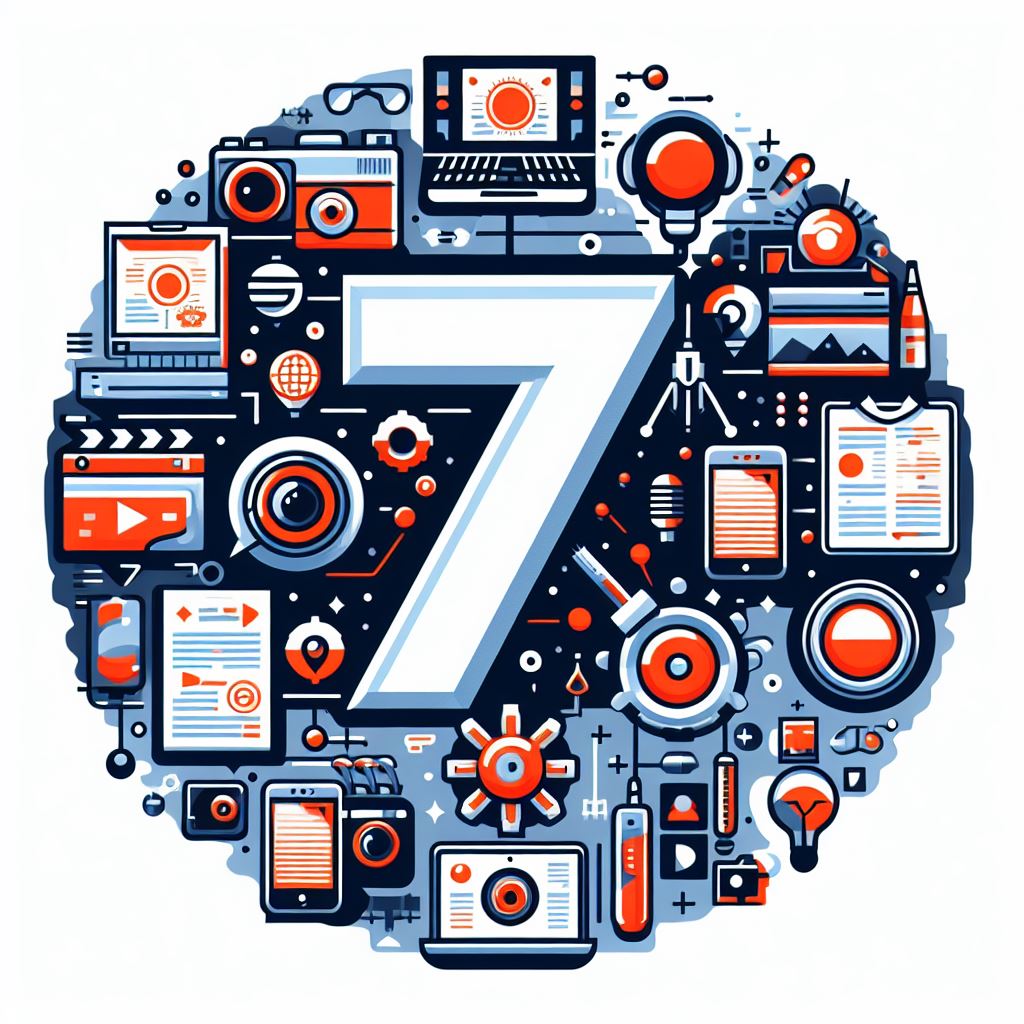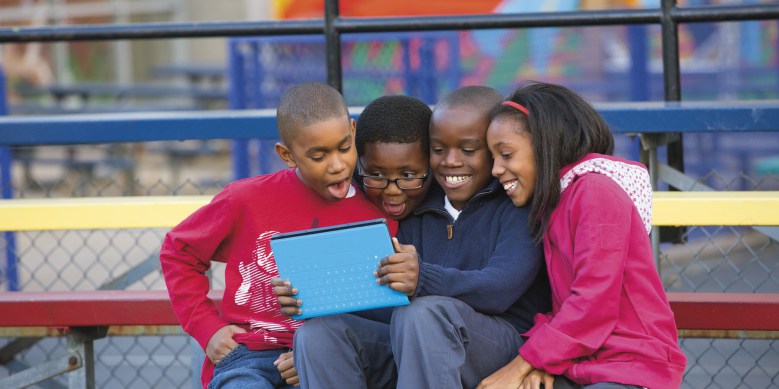Here is a summary of the top 7 tech news stories of the last 7 (or so) days:
- AI to hit 40% of jobs and worsen inequality, IMF says: The International Monetary Fund (IMF) has warned that artificial intelligence (AI) will have a significant impact on the global economy and society, creating new opportunities but also increasing inequality and displacing workers. The IMF’s managing director Kristalina Georgieva said that policymakers should address the “troubling trend” of AI and ensure that it is used for good. She also called for more investment in education, skills development, and social protection to help workers adapt to the changing labour market.
- Latest Prince of Persia game voiced in Farsi: Fans have praised the developers of Prince of Persia: The Sands of Time Remake for adding voice acting in Farsi, the official language of Iran and Afghanistan. The game features a new protagonist named Farah, who is voiced by Iranian actress Parisa Fahimi. The developers said they wanted to represent better the culture and history of Persia and Iran, as well as to appeal to a wider audience.
- Fraud warning over cryptocurrency investment app: In the north-east of England, 78 victims have come forward with a total loss of £214,869 after investing in a cryptocurrency app called Coinvest. The app claimed to offer high returns on various digital currencies such as Bitcoin and Ethereum. However, it turned out to be a scam that used fake testimonials and misleading information to lure investors. The police have issued a warning about similar apps and advised people to be wary of online scams.
- The largest objects in the Universe: Astronomers have discovered giant superclusters of galaxies that are challenging our very understanding of the Universe. These superclusters are so large that they contain hundreds or thousands of smaller clusters within them. They are also very old and distant from us, dating back to when the Universe was only about 500 million years old. Scientists hope that studying these superclusters will help them learn more about how galaxies evolve over time and how they affect each other.
- Why the hovercraft may rise again: Hovercrafts were once seen as a quick way to zip across waterways but were noisy and expensive to operate. However, some experts believe that they could be about to enjoy a second wind as technology improves and environmental concerns grow. Hovercrafts use air cushions instead of wheels or tracks to float on water or land. They can travel faster than conventional boats or cars and can carry heavy loads without damaging the surface below.
- AI pillows and toothbrushes: Is it all getting a bit silly?: Companies are clamouring to present their products as AI-powered, but are their claims justified? Some examples include AI pillows that adjust their shape and firmness according to your preferences, AI toothbrushes that monitor your brushing habits and give you feedback on your technique, and AI speakers that learn from your voice commands and music taste. While these products may offer some benefits such as convenience or personalization, they may also raise some ethical questions about privacy or security.
- Do we need an AI mirror?: The BBC’s James Clayton tests out some of the latest tech at CES 2024 in Las Vegas. He tries out an AI mirror that can analyse his facial expressions and give him tips on how to improve his mood or appearance. He also tries out an AI mirror that can play music based on his mood or preferences. He wonders if these mirrors are really useful or just gimmicks.

